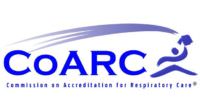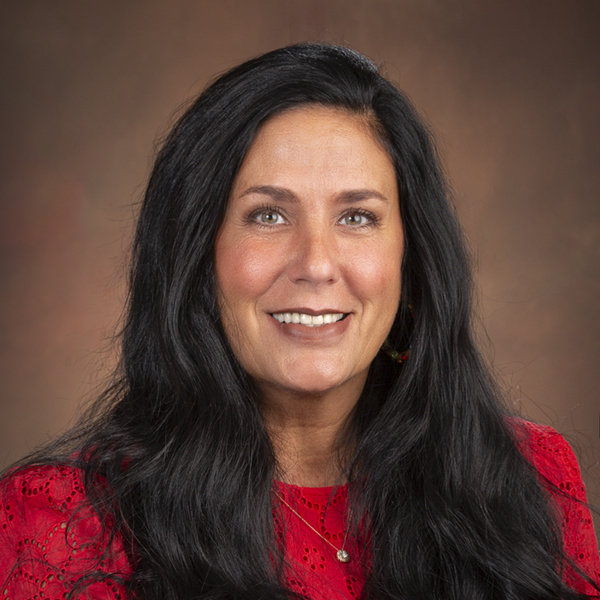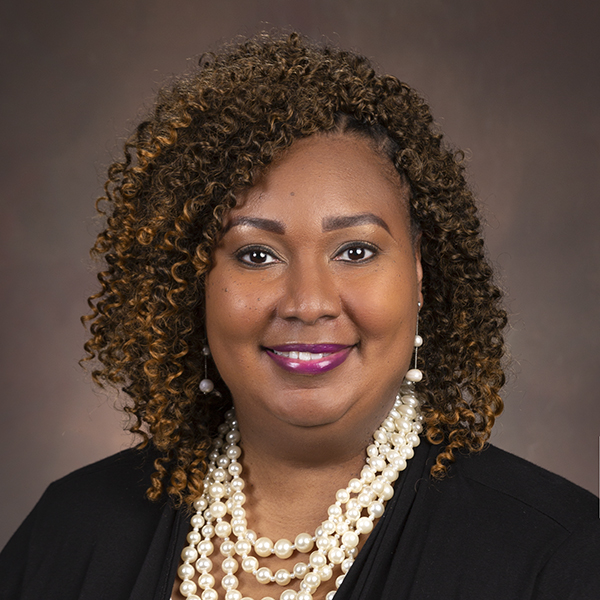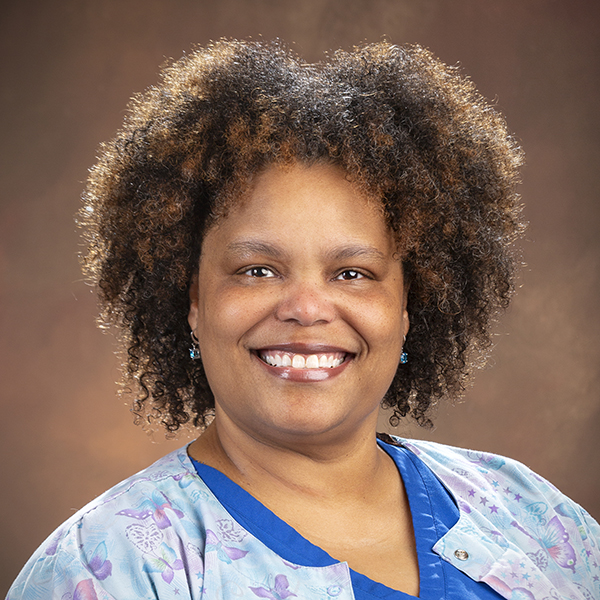Respiratory Therapy
The Respiratory Therapy program is a balanced curriculum, including both respiratory and general education courses. Course content includes the role of the respiratory therapist, healthcare concepts, and technical observations and skills. It provides the student with a strong background in the use of respiratory equipment, cardiopulmonary anatomy and physiology, pharmacology, diagnostic procedures, sleep disorders, and pathophysiology. The student receives direct, hands-on patient care experience in various hospitals and facilities throughout the clinical education.
Educational options
- Associate in Applied Science
- Upon completion of an associate’s degree, graduates are eligible to sit for the National Board for Respiratory Care (NBRC) Therapist Multiple-Choice Exam (TMC) to earn the Certified Respiratory Therapist (CRT) credential. Graduates are then eligible to sit for the Clinical Simulation Exam (CSE) to earn the Registered Respiratory Therapist Credential (RRT).
What can I earn?
The national average for annual earnings is $56,700 and the hourly earnings is $27.27. The top 10% annual earnings is $78,200 and the hourly earnings is $37.61.
Your future
Employment of respiratory therapists is projected to grow 12 percent from 2014 to 2024, faster than the average for all occupations. Growth in the middle-aged and elderly population will lead to increased incidences of respiratory conditions, such as chronic obstructive pulmonary disease (COPD) and pneumonia.
Most respiratory therapists work in hospitals. Others may work in nursing care facilities or travel to patients’ homes.
Application Periods
- RPT Program – Fall Admission – Applications are accepted from May 1 through June 1.





